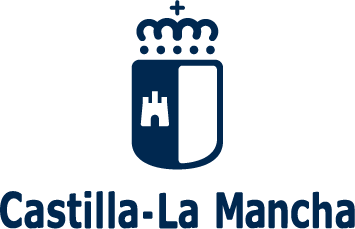The REDERA+ project, financed by the European Union’s ERASMUS+ Program, came about with the objective of helping to establish a stable population in rural areas through a commitment to vocational training that is adapted to local needs.
Some 83% of EU territory is considered to be rural. A full third of the population lives in these areas, with most residents belonging to advanced age groups.
In addition to this situation, we must consider that one of Europe’s strongest demographics is a marked concentration of the population in urban zones and the gradual depopulation of rural areas. This is especially notable where economic development is weaker: From 2014 to 2019, 800,000 residents of rural areas moved away, while the population in cities grew by 3.8 million people. This dynamic is leading to an even greater divide between the two areas, which will undoubtedly have serious consequences for territorial unity in the EU.
The European Commission has identified the main reasons for depopulation, stating that these are related to possibilities for access to education, work opportunities, and/or difficulties accessing public services and transportation.
The REDERA+ project seeks to generate a learning network focused on improving access to and the effectiveness of vocational education and training (VET) in sparsely populated rural areas in order to strengthen social inclusion, thus ensuring social, economic and environmental sustainability and contributing to the settling of the population in these areas.
The network is made up of seven partners representing public administrations with experience in the planning and implementation of training policies in rural areas, training centers specializing in the identification of vocational skills and the creation of training packages, and organizations with experience designing and managing activities that are made-to-measure for EU territories.
The Tirantes organization (The Netherlands) and NOTUS (Barcelona, Spain) belong to this latter group. Training centers are represented by the ABU Vocational Training Educational Center (Berlin, Germany) and the Osnova Sola Lovrenc na Pohorju rural school (Slovenia). Representing the public administrations are the Agenzia Piemonte Lavoro (Piemonte, Italy), the Autonomous Province of Trento (Italy), and the Junta de Comunidades of Castilla-La Mancha (Spain), which acts as coordinator for the initiative through the Spanish Department of Economy, Business and Employment, and the Department of Education, Culture and Sports.
Through various meetings organized by the members, the project aims to divide up problem areas, compare assessments and discuss successful actions. The ultimate objective is to generate knowledge that will help sparsely populated rural areas to design a quality vocational training model and package that is specifically adapted to local needs.
At these events, there will be direct contact with good practices in each of the areas, experts will speak, and testimonials will be shared from people involved in the actions.
In this way, participating members will have access to the necessary tools for making maps of the skills needed for local development, models for bringing these skills closer to local residents, and instruments for increasing the capacity to offer useful training services to carry out projects that lead to the establishment of a stable local population.
The REDERA+ project is funded by 154,940 euros paid for through the EU’s Erasmus+ program.






